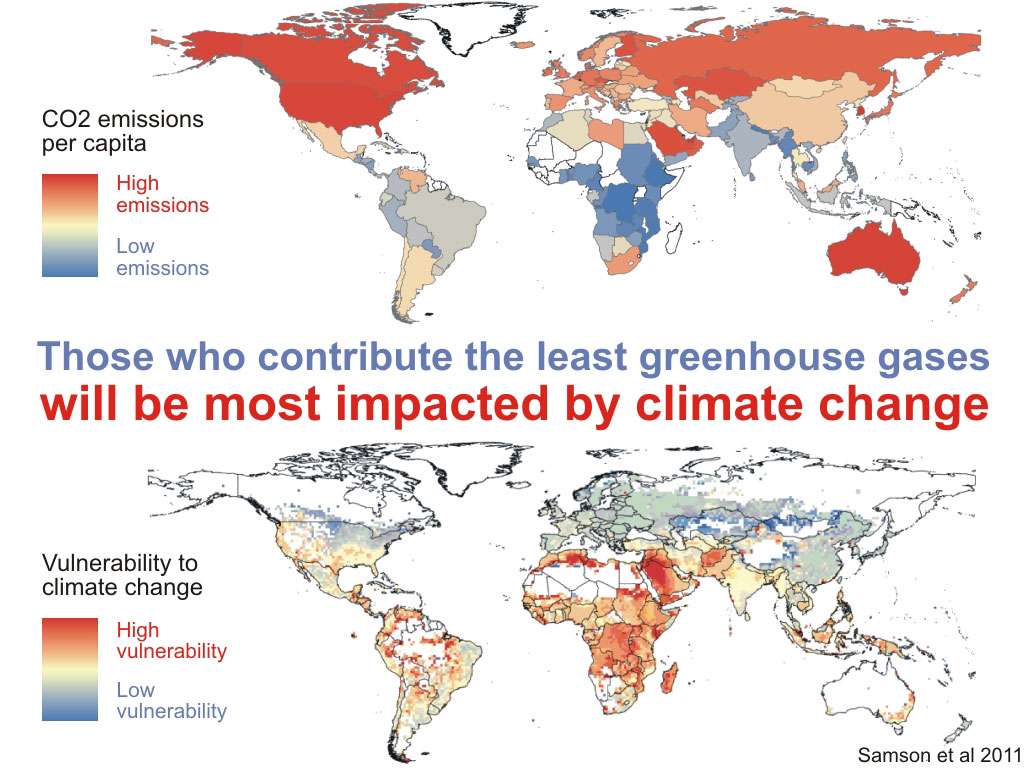What you need to know:
If we fail to confront information pollution head-on, we risk reversing it altogether
The devastation caused by the 2024 flash floods in Valencia, Spain, was so surreal that some images sparked a global debate over their authenticity. In an era when AI technology can produce hyper-realistic fakes, photos showing cars piled haphazardly atop one another in narrow, mud-filled streets seemed almost too shocking to be true. Tragically, these images were all too real. For years, climate activists believed that once the direct impact of climate change became undeniable – not just in the Global South, but everywhere – popular pressure for political and corporate action would surge. But now that this long-anticipated moment has arrived, an equally urgent challenge has emerged: the information ecosystem we rely on to understand the world has become dangerously polluted. The pollution metaphor is apt because it captures the chaotic and toxic nature of today’s information landscape, which is controlled by a handful of powerful companies that commodify attention and inundate our feeds with “AI slop” – low-quality, machine-generated content designed to mislead, distract, and distort.
Nowhere is this more evident than in the climate change debate. While climate misinformation has long been a concern, often mutating into full-blown conspiracy theories, the situation has deteriorated to such an extent that the term “misinformation” no longer reflects the scale of the threat, much less points to potential solutions. It is often said that the technologies needed to combat climate change already exist, and that what’s missing is the political will to deploy them. But while technology may be sold as the key to solving the crisis, it is also being used to slow the momentum needed to address it. Tech oligarchs with deep government ties and vested financial interests control the platforms that shape public opinion – from Elon Musk’s X (formerly Twitter) to Jeff Bezos’s Washington Post – enabling them to influence not just environmental policy, but the conversation about it.
As AI accelerates the global information crisis, climate issues are increasingly swept up in culture wars. This is further fuelled by data brokers that treat users’ views about climate change as proxies for political identity, thereby reinforcing echo chambers and deepening polarisation in the service of selling targeted ads. To be sure, rhetoric opposing climate action comes mostly from a loud minority. But it is being amplified by a media environment that thrives on outrage. Worse, the convergence of interests among far-right ideologues, Big Tech, and Big Oil – all of which profit from climate chaos, information pollution, and political instability – is contributing to the rise of “dirty tech” and accelerating the erosion of democracy and the rule of law. With power concentrated in the hands of those profiting from information pollution, it can feel as though we are at a dead end.
But as disorienting as today’s social-media ecosystem may be, the sources – much like those of environmental pollution – can be identified, enabling accountability. Europe’s new digital rule book, which includes recent legislation on digital services, competition, data protection, and AI, as well as the recent proposal of a “European Democracy Shield” to counter foreign information interference, are vital first steps toward addressing the systemic effects of misinformation and the impact of Big Tech’s business models on public debate. Still, the effectiveness of these regulations remains to be seen, and since enforcement currently stops at Europe’s borders, further action is needed. Protecting freedom of expression means defending both the right to speak freely and the right to receive accurate, undistorted information. If we fail to confront information pollution head-on, we risk not just stalling climate progress but reversing it altogether.
This article was co-authored by Lili Fuhr, the director of the Fossil Economy Program at the Center for International Environmental Law, and Stephanie Hankey, a visiting professor at the University of Applied Sciences Potsdam
Provided by SyndiGate Media Inc. (
Syndigate.info
).







